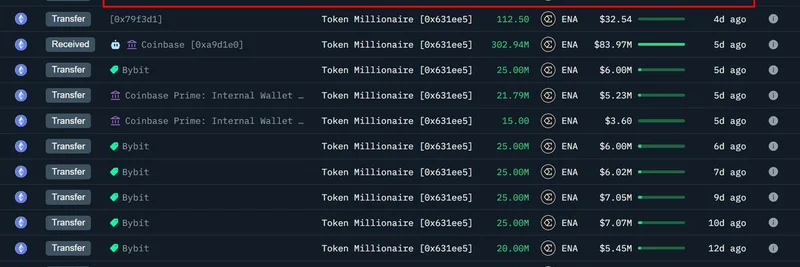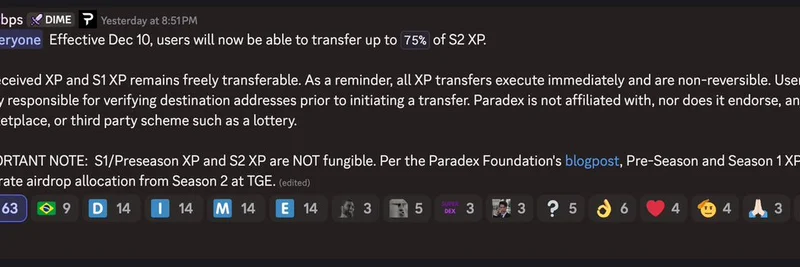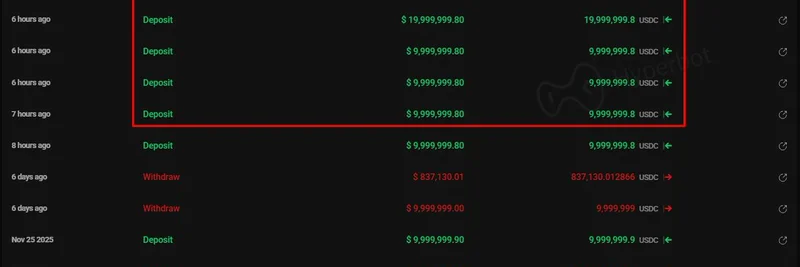Hey there, crypto enthusiasts! If you're keeping tabs on the evolving world of blockchain and decentralized tech, you've probably heard the buzz around Theta Network. Recently, BSC News dropped a tweet highlighting a major milestone for $THETA: a brand-new US patent for their cutting-edge technology. Let's dive into what this means and why it's a game-changer for the space.
The Big News from BSC News
The tweet from BSC News announced: "🚨 $THETA ISSUED NEW PATENT - @Theta_Network has been awarded yet another US patent for its innovative technology... Get the details" with a link to their full article. This isn't just any update—it's about Theta Labs securing U.S. Patent 12,436,819, titled "Hybrid Edge-Cloud Computing Architecture for Decentralized Computing Platform." Sounds technical? Don't worry, I'll break it down simply.
What Does the Patent Cover?
At its core, this patent is all about blending "edge computing" (processing data close to where it's generated, like on your local devices or sensors) with "cloud computing" (the big, centralized servers we all rely on). In a decentralized setup like Theta's blockchain, this hybrid approach tackles common headaches like slow data transfers (latency) and high costs.
Here's how it works in plain English:
- Edge Nodes: These are everyday devices or small servers near the data source. They handle quick, real-time tasks to cut down on delays.
- Cloud Backend: For the heavy lifting, like crunching massive datasets, the system shifts work to powerful cloud resources.
- Decentralized Orchestration: This is the smart layer that decides where tasks go, based on factors like speed needs, available resources, and network traffic. It uses protocols to keep everything humming without a central boss calling the shots.
This setup is perfect for AI applications, such as training large language models or running inferences (that's AI making predictions or decisions). By distributing workloads smartly, it makes decentralized platforms more efficient and scalable.
Why This Matters for Theta Network and $THETA
Theta Network started back in 2017 as a blockchain focused on video streaming, where users share unused bandwidth and computing power in exchange for $THETA tokens. It's built on a proof-of-stake system, which is energy-efficient compared to proof-of-work chains like Bitcoin.
Fast-forward to now, and Theta is pivoting toward AI and what's called DePIN (Decentralized Physical Infrastructure Networks). This patent builds on their 2023 EdgeCloud whitepaper, which laid out plans for handling the exploding demand for AI computing power. With this official nod from the US Patent Office in October 2025, Theta can license this tech, attract more partners, and solidify its spot against giants like AWS or Google Cloud.
For $THETA holders and blockchain practitioners, this means potential growth in real-world use cases. Think faster video transcoding, better AI for healthcare diagnostics, or even autonomous vehicles processing data on the fly. It lowers barriers for developers and businesses, making high-performance computing more accessible and affordable through decentralization.
Broader Implications in the Crypto World
In the bigger picture, innovations like this push the envelope for blockchain's role in AI. As meme tokens and other cryptos grab headlines for hype, projects like Theta remind us of the tech underpinnings that drive lasting value. This patent could influence standards in edge AI, helping create verifiable, profitable systems that compete with centralized providers.
If you're into meme tokens but want to level up your knowledge, understanding these tech advancements can give you an edge in spotting the next big thing. Theta's move shows how blockchain is maturing beyond just memes into serious infrastructure.
For more details, check out the full scoop on BSC News or follow Theta Network on X. What do you think—will this boost $THETA's adoption? Drop your thoughts in the comments!



